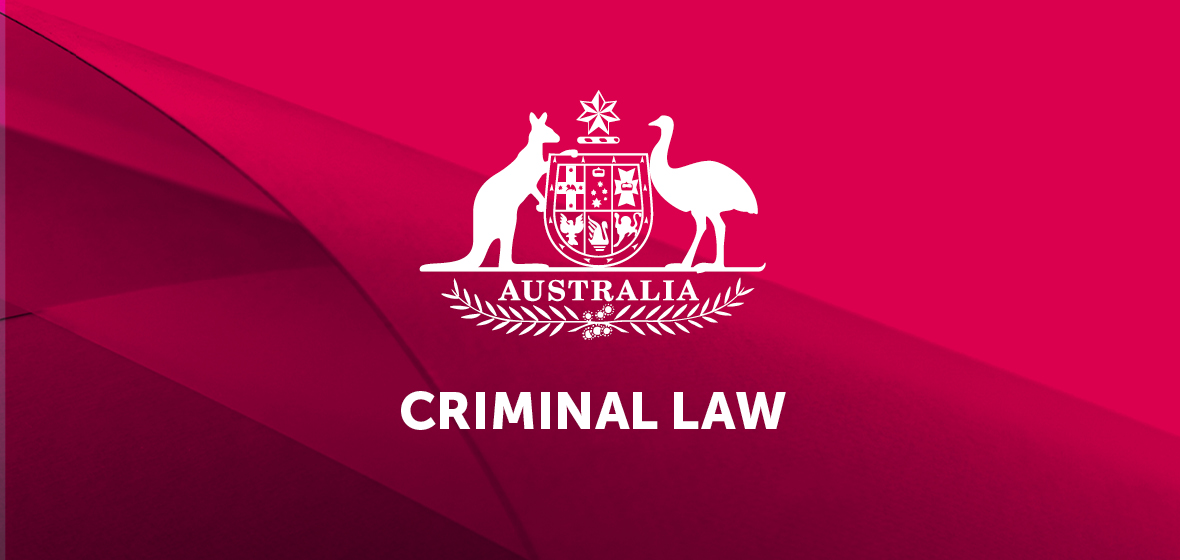Key decisions
- Bandara v Director of Public Prosecutions [2016] NSWCA 140
- Forti v R [2016] NSWCCA 127
- Finch v R [2016] NSWCCA 133
Bandara v Director of Public Prosecutions [2016] NSWCA 140
AVO – interim orders – appeal against an order which is no longer operational
Can you appeal against an apprehended violence order (‘AVO’) that no longer exists? In this decision of the NSW Court of Appeal (‘NSWCA’), the court determined that it is possible to appeal against an interim AVO which has been overtaken by a final order.
This case had the kind of tortured procedural history reserved to the kind of matter that includes private applications for AVOs and a self-represented defendant with a poor pattern of attending court. Two applications for an AVO were made against the appellant. An interim order was made – the usual process when AVO proceedings are on foot – then a final order was made against him because the appellant failed to attend the final hearing. He had a medical certificate so the Local Court annulled the final order and the matter started over. When the proceedings restarted, there was discussion about the interim order: on one view the interim order had been wiped out by the final order (an order which itself had since been overtaken) so the Local Court made a new interim order, just in case. In due course, another final order was made against the appellant (this time after a five-day hearing).
The appellant lodged an appeal to the District Court against the interim order (presumably because he had meanwhile been charged with an offence of breaching it). When it came to the District Court, the District Court judge took the view that the interim order had been revoked so there was nothing to appeal from in that regard, but indicated that the appellant could still appeal from the final order. So the appellant did that, but he failed to attend again and the (different) District Court judge dismissed the appeals in his absence. The appellant applied to revoke the dismissal of his appeals, and that application was refused upon the basis that his excuse of medical unfitness could not be believed.
Thus, the appellant appealed to the NSWCA for judicial review. The essence of his appeal was that he had been denied procedural fairness in the dismissal of his application to reinstate his appeals. That much of the appeal was dismissed with fairly shortly – the NSWCA (Leeming JA, Simpson JA and Sackville AJA agreeing) held that he had been given sufficient opportunity to be heard, and there was not relevantly any prejudgment (at [35]-[42]).
For present purposes the most interesting aspect of the decision was the question of whether the District Court’s decision to dismiss the interim order (which had been overtaken by the final order) was an error. The Court of Appeal noted that merely because the time during which an order must be complied with has expired does not mean that an appeal does not lie from it (at [45]) – that is, interim orders that have since been overtaken may still be appealed. In the circumstances, therefore, the District Court judge’s dismissal of the appeal amounted to jurisdictional error (at [46]), but that was not the end of the matter. The NSWCA determined that even if it had been in a positon to remit that dismissal, there would have been no point, having regard to the fact of the unchallenged final order in identical terms which was made three months later (that is, the same considerations that led to the final order would have applied so that the interim order would have been inevitable) (at [58]).
It follows that practitioners who have clients with overtaken interim orders could, theoretically, challenge them (assuming the appeal is within time) – but the practical (as distinct from merely technical) difficulties may be significant.


